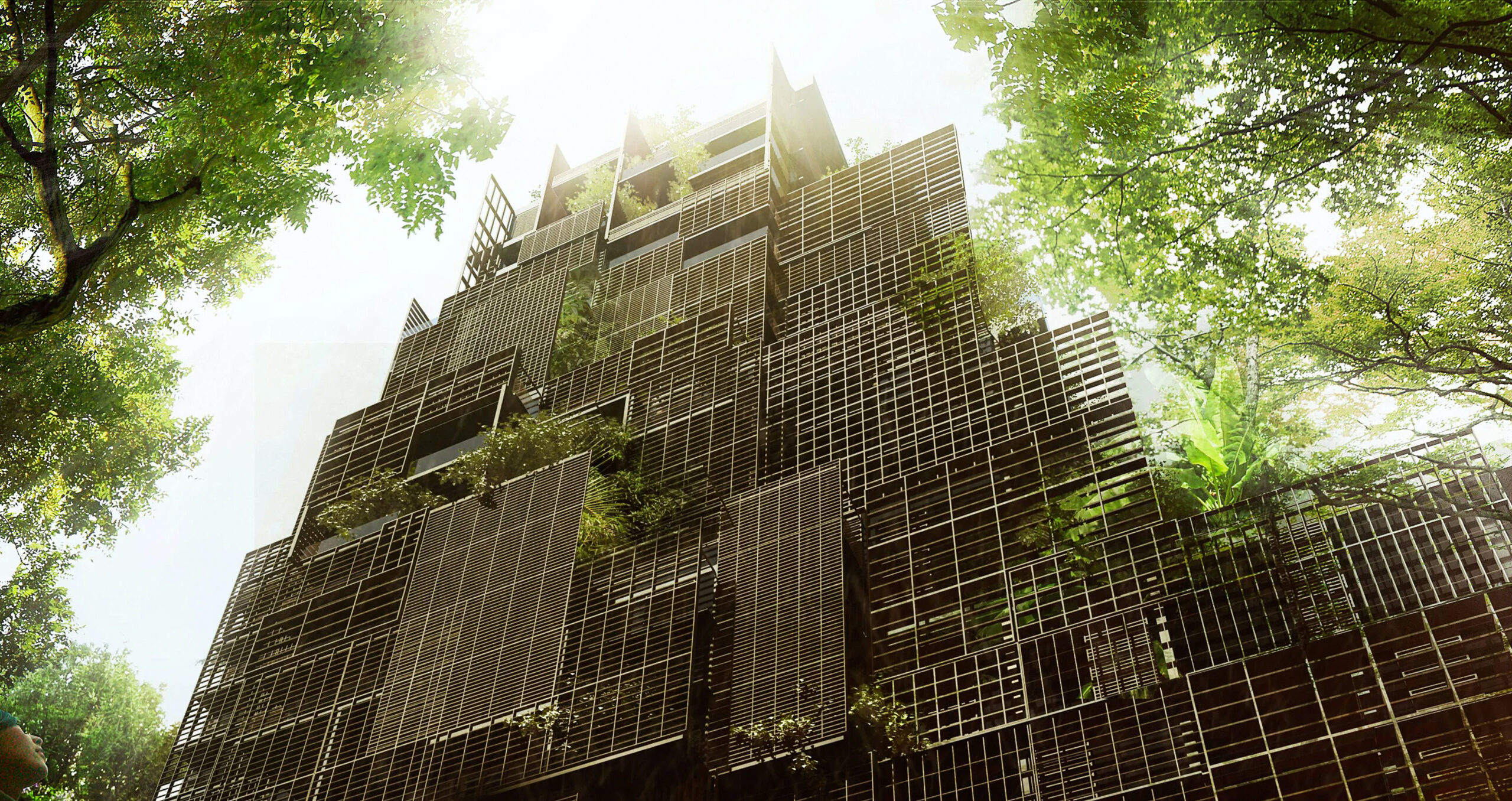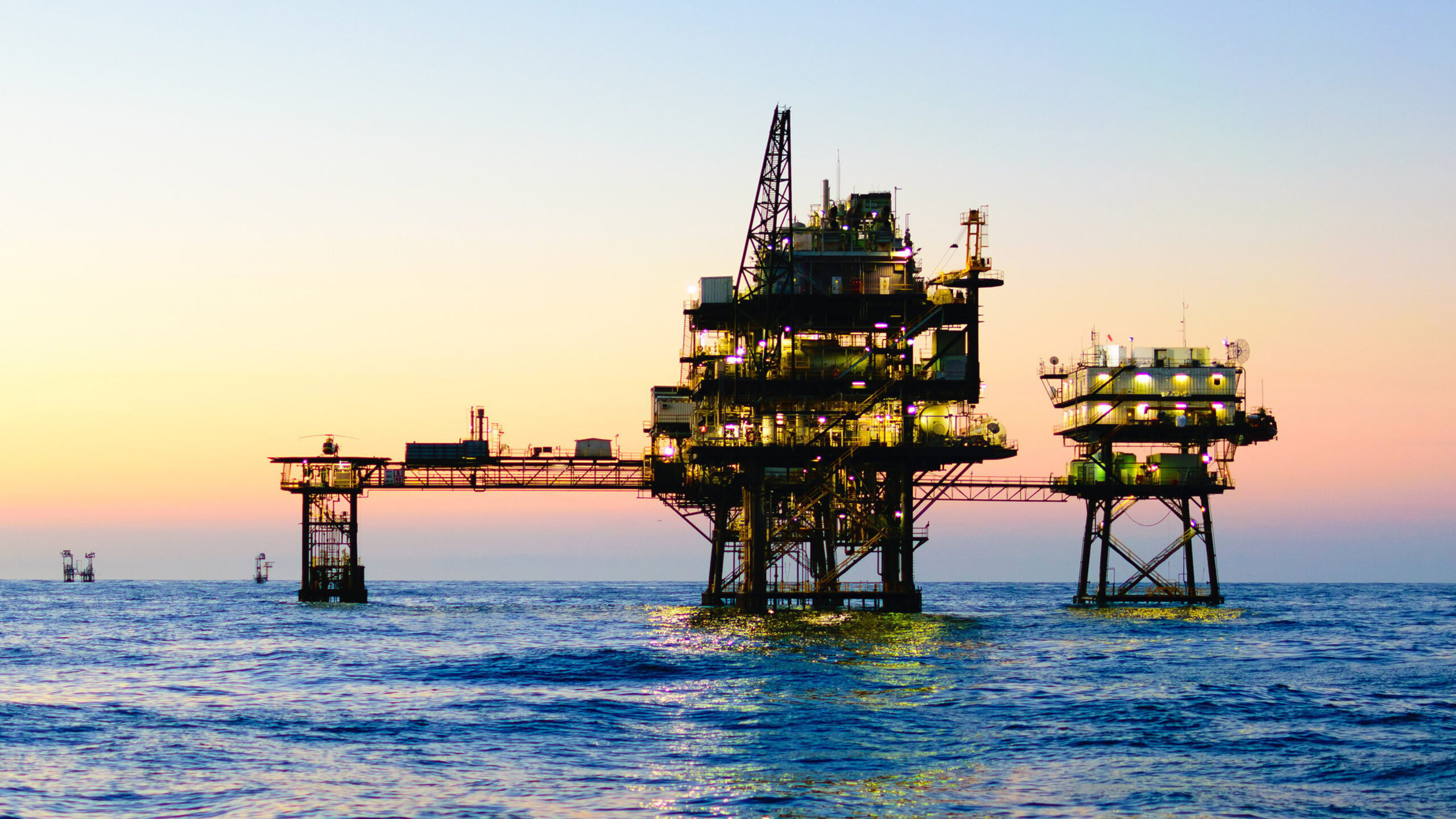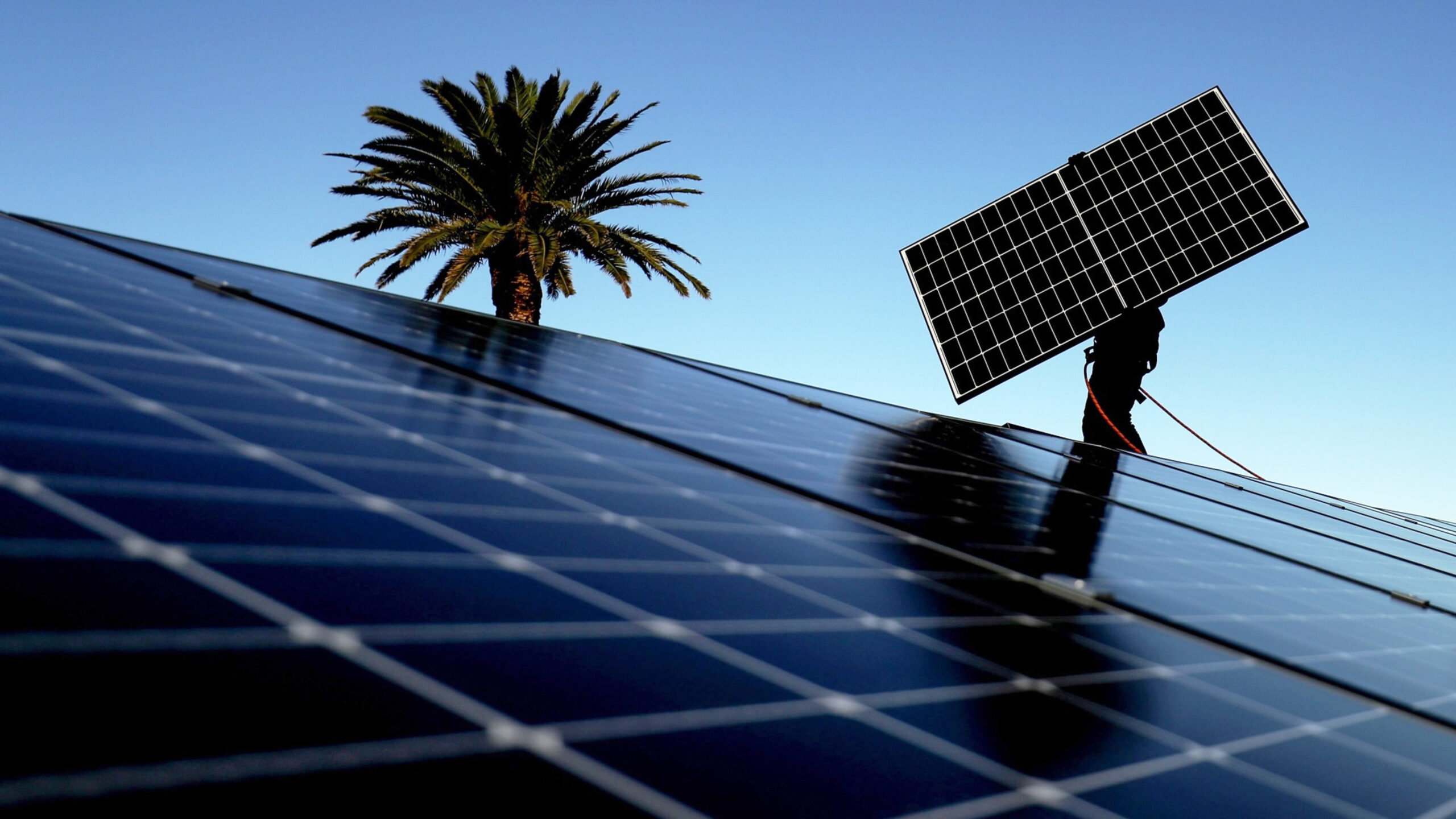
A Brazilian urban renovation tale: green hopes or greenwashing?

Its developer believes Cidade Matarazzo in Sāo Paulo could turn Brazil into a green superpower, focused on preservation not extraction. But so far, only a luxury hotel has opened.
Can one urban renovation project transform the sustainability credentials of a whole country? French entrepreneur Alexandre Allard believes Cidade Matarazzo, a major redevelopment in the heart of Brazil’s business capital São Paulo, is poised to do so.
“Brazil is the most difficult country in which to be an entrepreneur. But our project is a message to the people of Brazil that the time is ripe for the country to become a green superpower,” he says.
Spreading over 30,000 square metres next to Avenida Paulista, one of the city’s main transport arteries, Cidade Matarazzo rises from the ashes of the abandoned Matarazzo Hospital. Allard acquired the plot of land in 2008 to “create the largest green community in the world”, he says.
Resurrected area
Fourteen years into his ambitious endeavour, a luxury hotel managed by US company Rosewood has brought back to life the hospital’s abandoned maternity ward, and a series of residential towers, designed by French architect Jean Nouvel as a “vertical forest” and also run by Rosewood, stretches for 93 metres next to the hotel.
Meanwhile, an innovation hub – called Aya from ayahuasca, a natural psychedelic drink used by indigenous communities to connect with nature – is due to open by year-end as an incubator for sustainable technologies and practices. A set of natural parks is set to open next, enveloping the whole space, which also includes shops and restaurants, in nature.
Allard’s great ambitions have been met with equally great challenges as, amid hiccups and delays, the project’s investment budget doubled from 1.7bn reais ($323.1m) to 3.5bn reais. However, he argues that Cidade Matarazzo will be transformative for the whole country. He says Brazil has traditionally been defined by extraction of resources – its very name derives from the brazilwood that the early Portuguese colonists harvested along the coast and shipped to Europe.
“That mentality of extraction has translated into a short-term vision where everyone favours cash over anything else. By redeveloping abandoned buildings to create one of the country’s most valuable real estate assets, we showed there is a path to prosperity in preservation,” he says.
Natural asset
Considering Brazil’s vast natural resources, Allard believes this change could be crucial to the future of its most valuable natural asset, the Amazon basin – as well as Brazil’s role as a green superpower. “People here consider the Amazon basin to be a big problem with 29 million people, among the poorest in the country, living there. But if they take a preservation view, it suddenly becomes one of the wealthiest places in the world,” he says.
Allard takes pride in the fact that the Rosewood hotel is “the most expensive hotel in Latin America”, and says that its success is already changing people’s minds by becoming a space for the local elite to gather and appreciate the values of nature and long-term sustainability.
However, it will only be when the Aya hub launches and the parks open that his vision will be tested by the wider public. Until then, it risks remaining a white – or green – elephant, in which the elite can flirt with the idea of a more sustainable world over a glass of barrel-aged cachaça or imported whiskey.
This article first appeared in fDi Intelligence.
Similar Articles

In Charts: Redemptions drag global climate fund flows to lowest level in four years

In Charts: Canada, Japan, South Korea ‘blocking clean energy transition’ with fossil fuel finance


